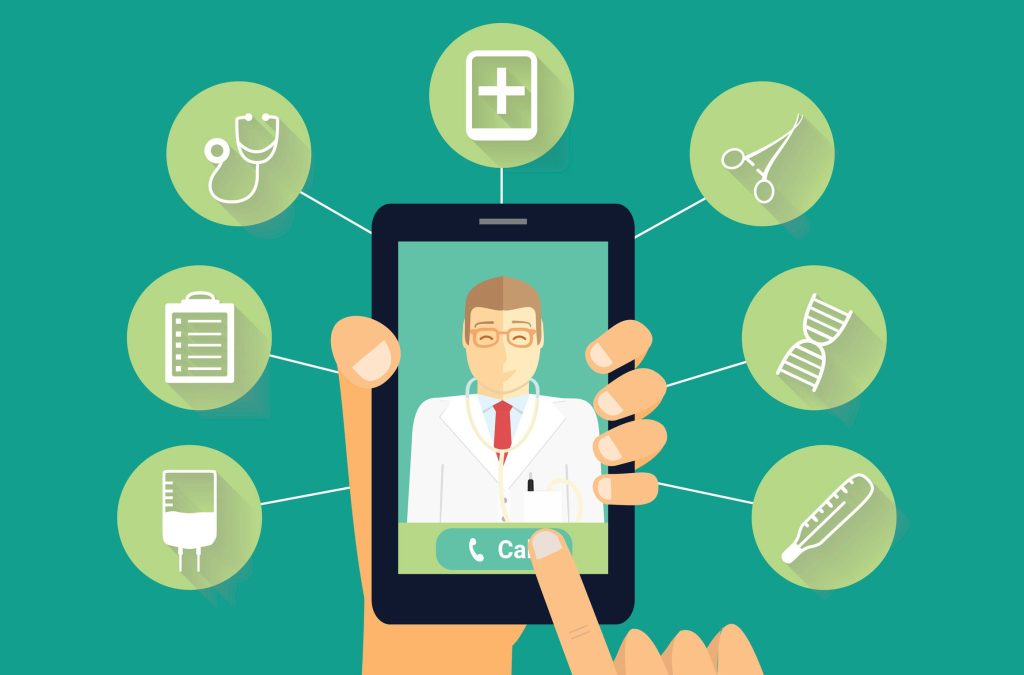
So exactly what is Telemedicine?
The world is changing at a rapid pace than anyone had anticipated. The entire landscape of virtually every industry is forced to adjust to the new normal of physical distancing, work from home occupations, and stay at home orders issued by government officials in just a few short months. However, in the midst of all of this change, healthcare professionals still need to monitor their patients more than ever.
Telemedicine had a minor role to play in the industry before the COVID-19 crisis. However, now with everyone remaining indoors due to the travel advisories and restrictions, Telemedicine has become an integral part of daily practice for doctors to prescribe orders and virtually see their patients online to keep business afloat.
So exactly what is Telemedicine? Telemedicine refers to the practice of treating patients remotely when the physician and patient are not physically present with each other. It’s “healing from a distance.” Technology today has enabled doctors to consult patients by using HIPAA compliant video-conferencing tools.
Although treating patients in person is the preferred method of examination because the in-office setting has all the necessary tools available at the clinicians disposable. However, given the current state of affairs in the country, providers have taken to Telemedicine, which has become a helpful tool mutually beneficial for both patient and clinician.
The medical disciplines that benefit from Telemedicine are Radiology, Psychologist, Dermatology, Primary Care Physicians, Family Medicine, and Pediatrics. Each of these disciplines benefits from Telemedicine on a case by case basis such as; prescription refills, verbal therapy, etc.
The concern with Telemedicine is its limitations. As great as technology makes our world more efficient, it can also make it inefficient with technical difficulties. Security is always a concern when it comes to integrated networked technology; however, most of the services do have encrypted communication. Lastly, it might not be sustainable for long term chronic conditions.
For now, Telemedicine has proven to be beneficial on a case by case, and state-by-state basis. Given the demand for it during these trying times, the technology will be being improved given this new circumstance.




Andy Alem
The LabFinder Editorial Team is behind The Illuminator and The Insider, LabFinder’s consumer and business blogs.
Dr.Robert Segal
Dr. Segal is CEO and co-founder of LabFinder, as well as a board-certified cardiologist. He began practicing medicine in 2002 and has founded several businesses, including Medical Offices of Manhattan and Manhattan Cardiology.